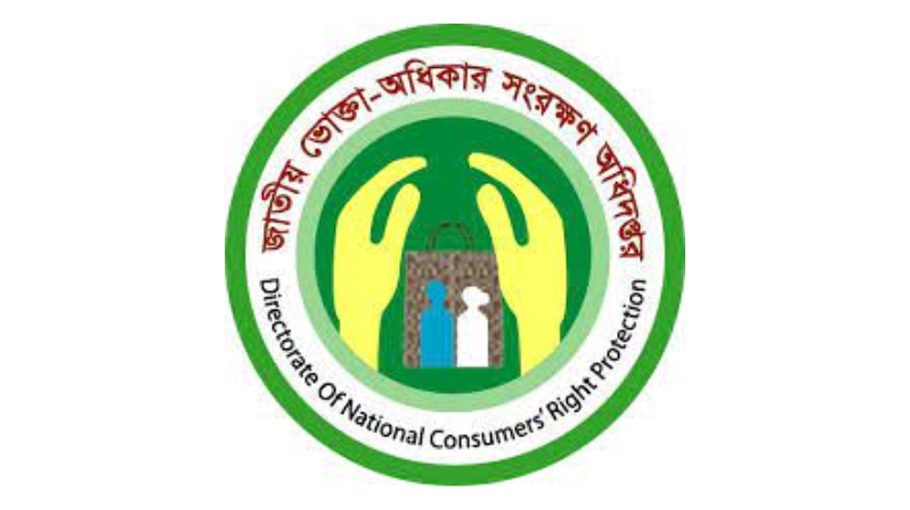Strengthening consumer rights: An independent ministry is needed

The Government of Bangladesh took a significant step in acknowledging the importance of consumer rights by enacting the Consumer Rights Protection Act (CRPA) in 2009,. While this was undoubtedly a positive move, it is regrettable that the law itself falls short of being truly consumer-oriented. It's high time we reevaluate and amend this act to better protect the rights of consumers in our nation.
One of the most significant shortcomings of the CRPA is its narrow definition of a consumer. Although the law states that a consumer is someone who purchases goods or services, its focus is primarily on the act of consumption. This narrow interpretation of consumer rights fails to address the broader aspects of consumer protection, such as the false representation of goods and services, spurious products, warranty or guarantee services, and the concept of 'unfair trade practices.'
The absence of a clear and specific definition of unfair trade practices within the current act is a glaring oversight. To provide comprehensive protection for consumers, a detailed definition of what constitutes an unfair trade practice should be included. This would empower consumers to identify and challenge deceptive practices in the marketplace effectively.
A significant constraint in the current act is that only individual consumers are allowed to file written complaints with the director general of the Directorate of National Consumer Rights Protection. It is imperative that this restriction be lifted to allow registered consumer associations to file complaints on behalf of any consumer, regardless of their membership status. This would significantly empower consumer advocacy groups and enhance their role in protecting the rights of the masses.
Read More: G-20 Summit-A broad analysis
To effectively protect consumer rights and ensure the safety of our food, we must take bolder steps. Presently, consumer rights protection is handled by a department under the Ministry of Commerce, which is less than ideal given the magnitude of the issue and the vast number of consumers in Bangladesh. To bridge this gap and strengthen institutional capabilities, the establishment of a separate Consumer Rights Protection Ministry is a necessity.
The sufferings of consumers often fail to reach the concerned authorities, including the administration, due to the lack of a dedicated ministry. This disconnects between consumers and the government is impeding our efforts to ensure that safe and reliable goods and services are accessible to all. Therefore, it is crucial that the government establishes a separate ministry, solely dedicated to consumer rights protection, in order to effectively address these issues.
A lot of NGOs have been working for the protection of consumer rights in Bangladesh. For example: Self-Aid Foundation, a non-governmental voluntary charitable consumer and human rights organization, have been working diligently since 2007 to champion the rights of consumers through its Council of Consumer Rights Bangladesh Project. The Foundation has played a pivotal role in raising awareness, conducting seminars and workshops, and recognizing the dedication of individuals striving to safeguard consumer rights across Bangladesh. Their tireless efforts have been instrumental in encouraging people to stand up for the rights of millions of consumers in our country like many others.
The need for amending the Consumer Rights Protection Act is undeniable. Also empowering consumer associations to file complaints and establishing a dedicated ministry for consumer rights protection is vital to protect the rights and interests of the millions of consumers. It is only through these essential changes that we can truly strengthen consumer rights in our nation and ensure the safety and well-being of all our citizens.
The writer is a Social Worker and the Founding President of Shuvanchari High
School, Chattogram.




